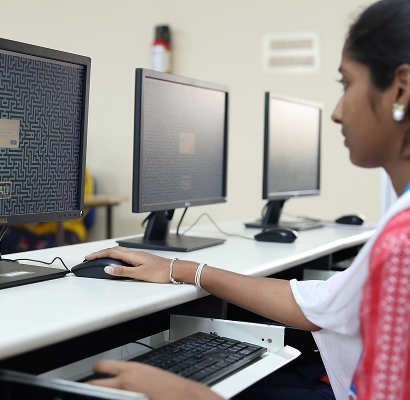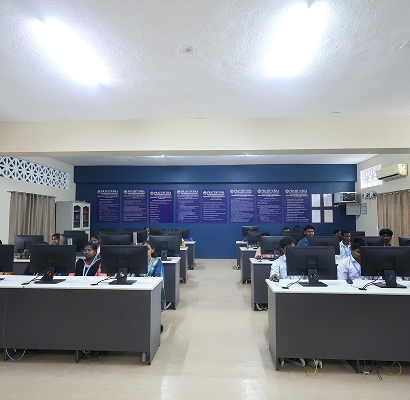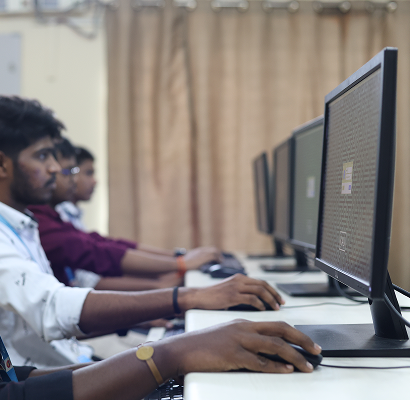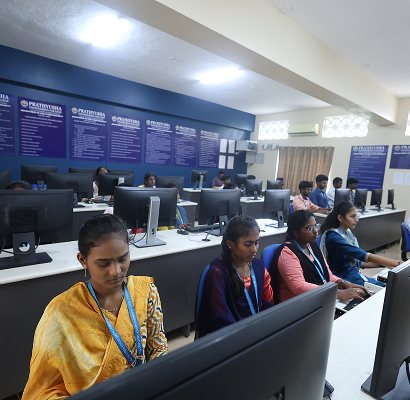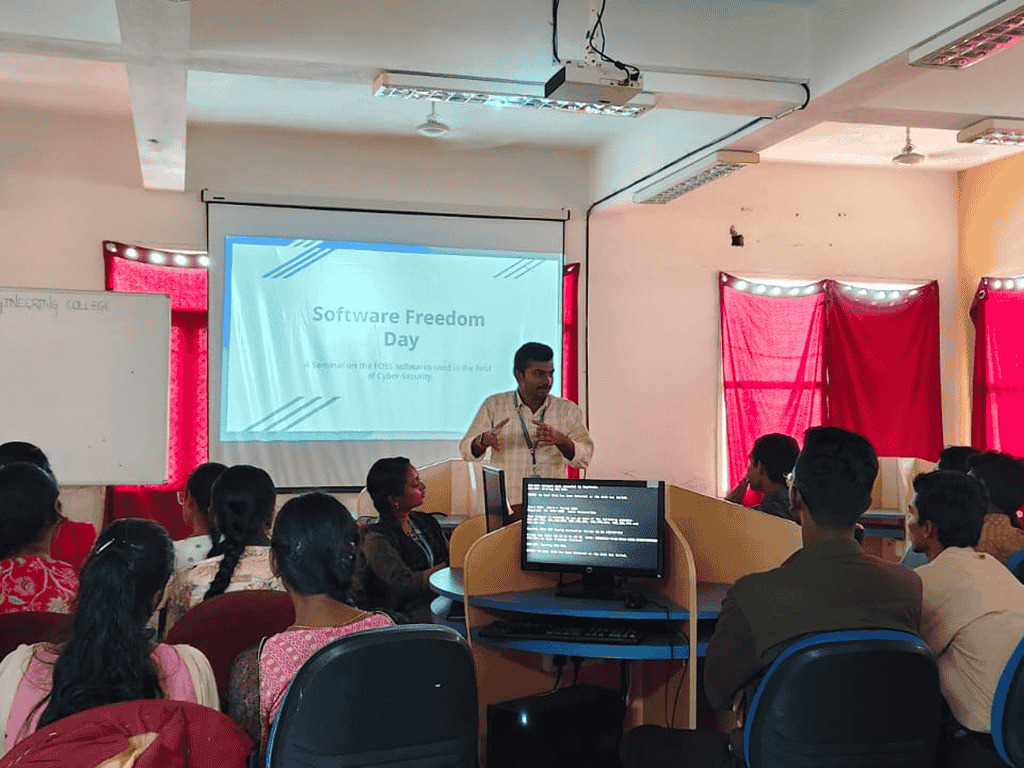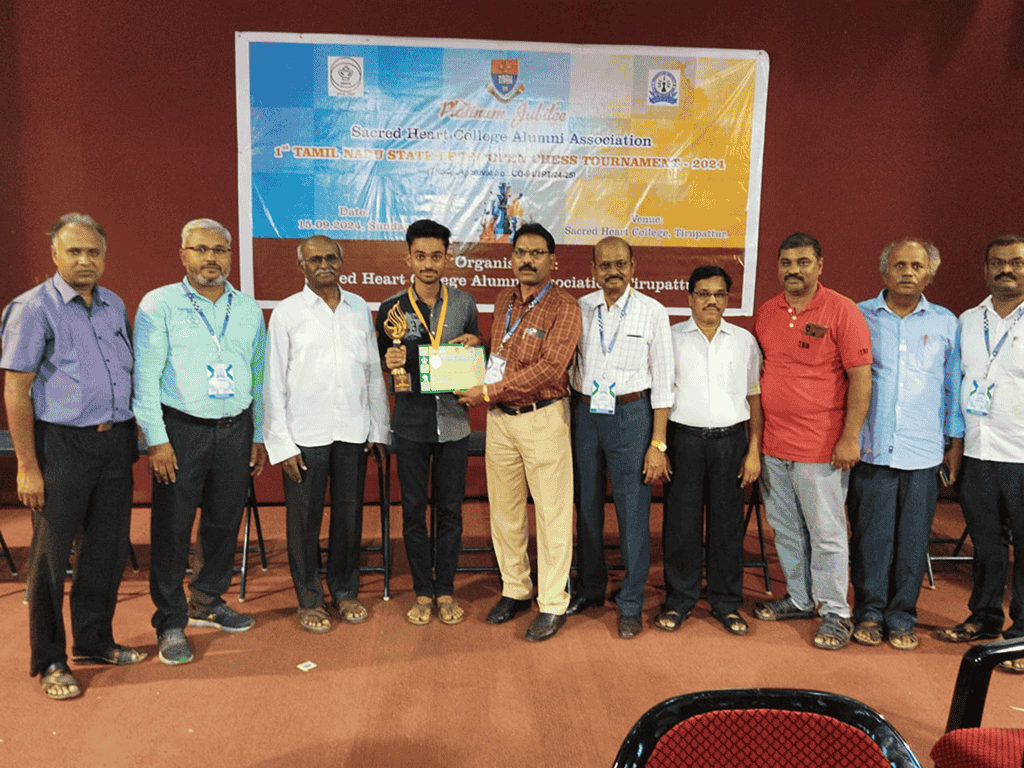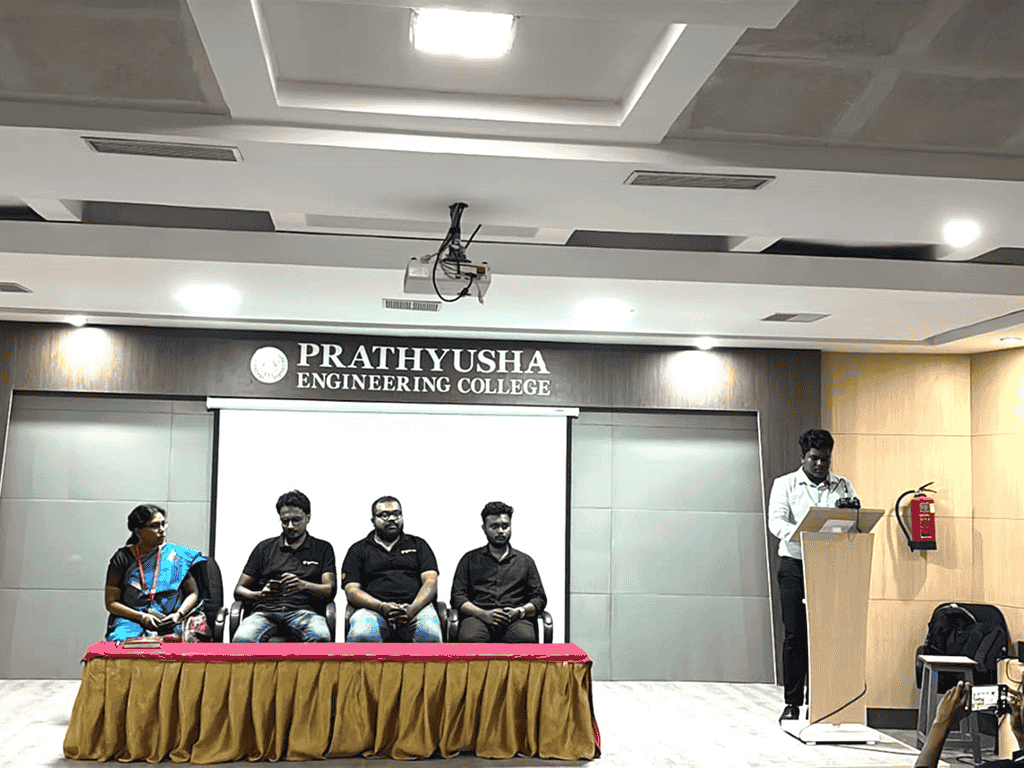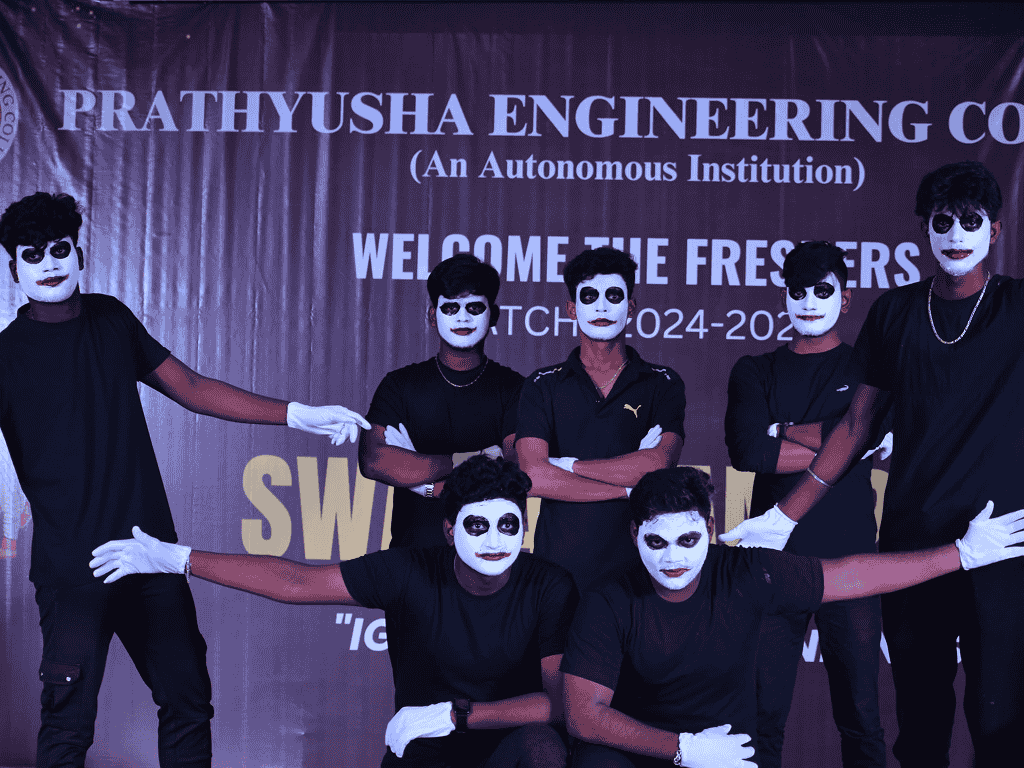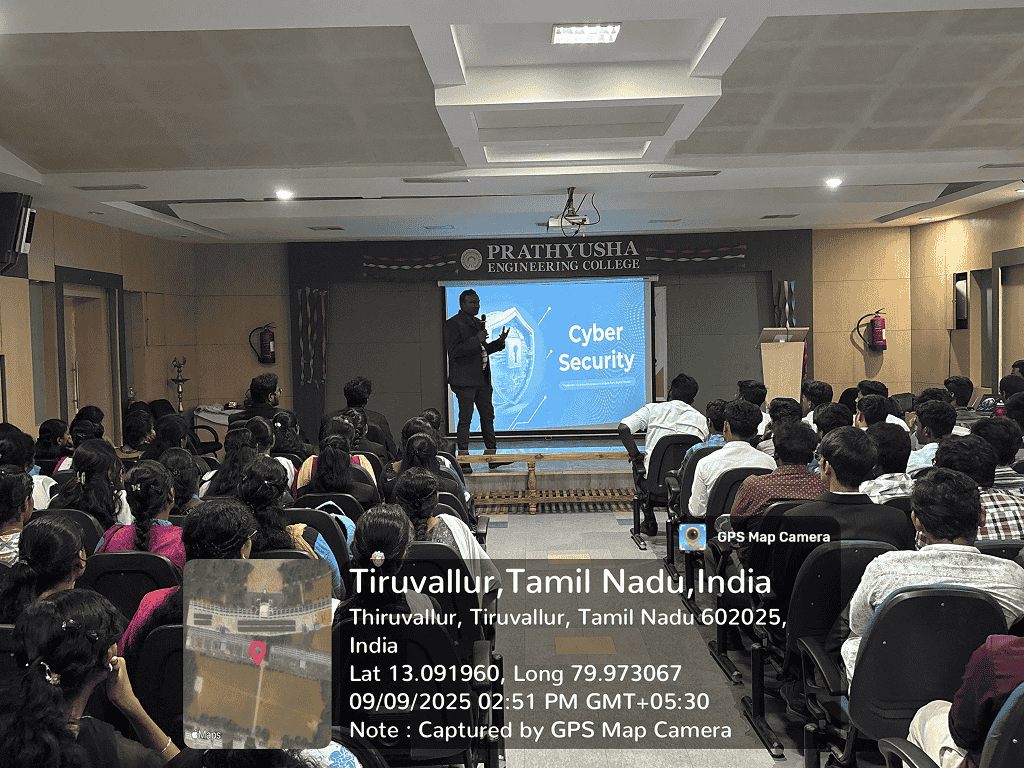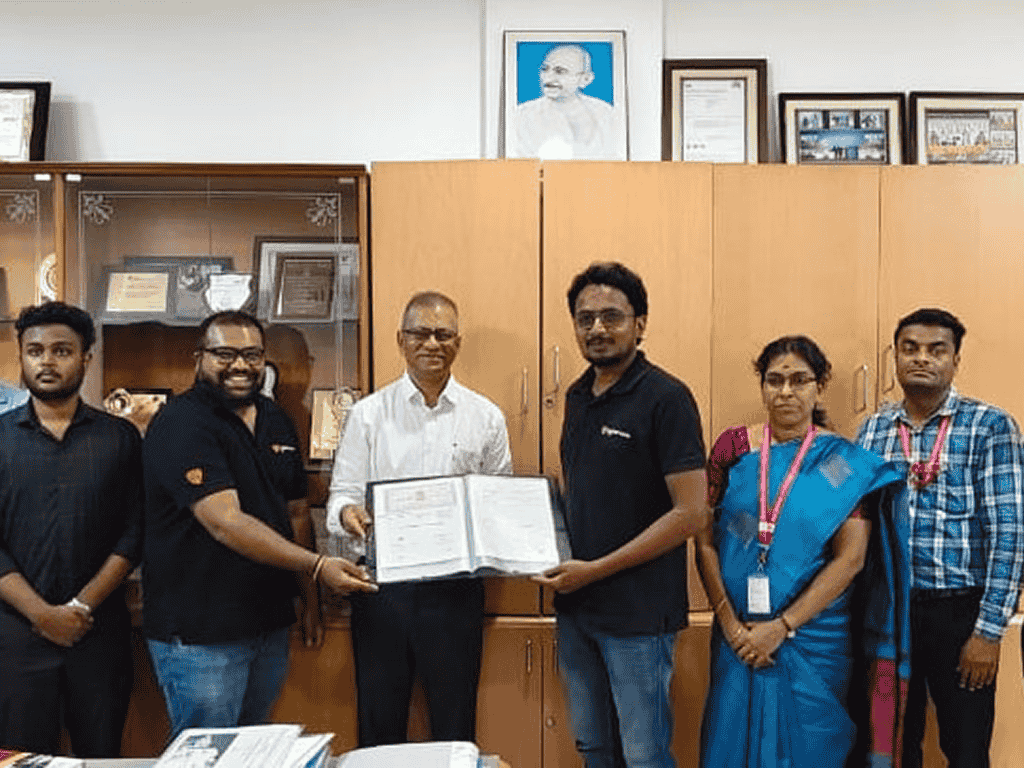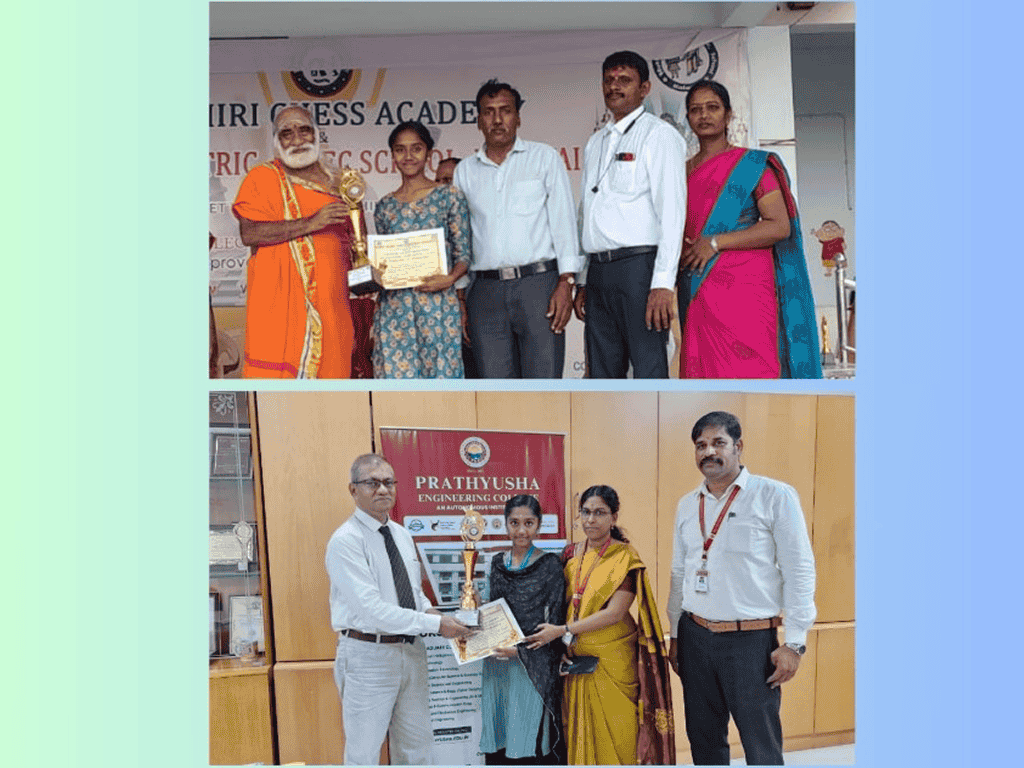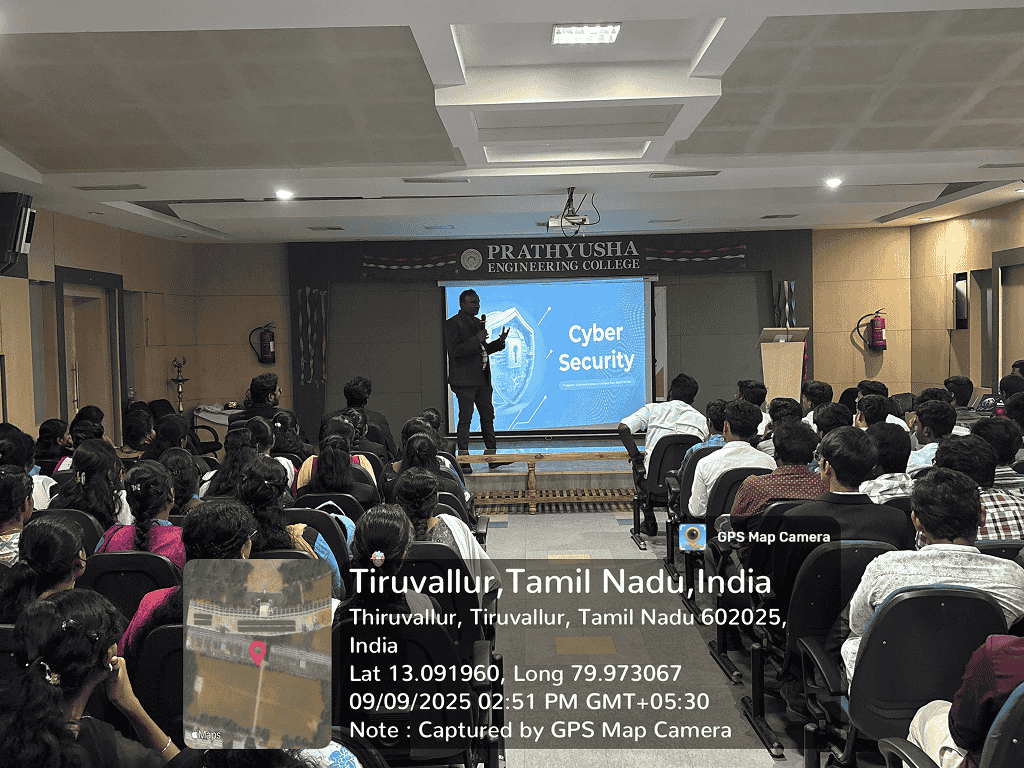- Result : 2024-25 Percentage : 87.2%
- Result : 2023-24 Percentage : 97.11
- Result : 2022-23 Percentage : 96.69%
- Result : 2021-22 Percentage : 99.12%
- Result : 2020-21 Percentage : 100%
- Result : 2019-20 Percentage : 81.80%
- Result : 2018-19 Percentage : 88.34%
- Result : 2017-18 Percentage : 85.34%
- Result : 2016-17 Percentage : 78.95%
- Result : 2015-16 Percentage : 72.52%
- Result : 2024-25 Percentage : 87.2%
- Result : 2023-24 Percentage : 97.11
- Result : 2022-23 Percentage : 96.69%
- Result : 2021-22 Percentage : 99.12%
- Result : 2020-21 Percentage : 100%
- Result : 2019-20 Percentage : 81.80%
- Result : 2018-19 Percentage : 88.34%
- Result : 2017-18 Percentage : 85.34%
- Result : 2016-17 Percentage : 78.95%
- Result : 2015-16 Percentage : 72.52%
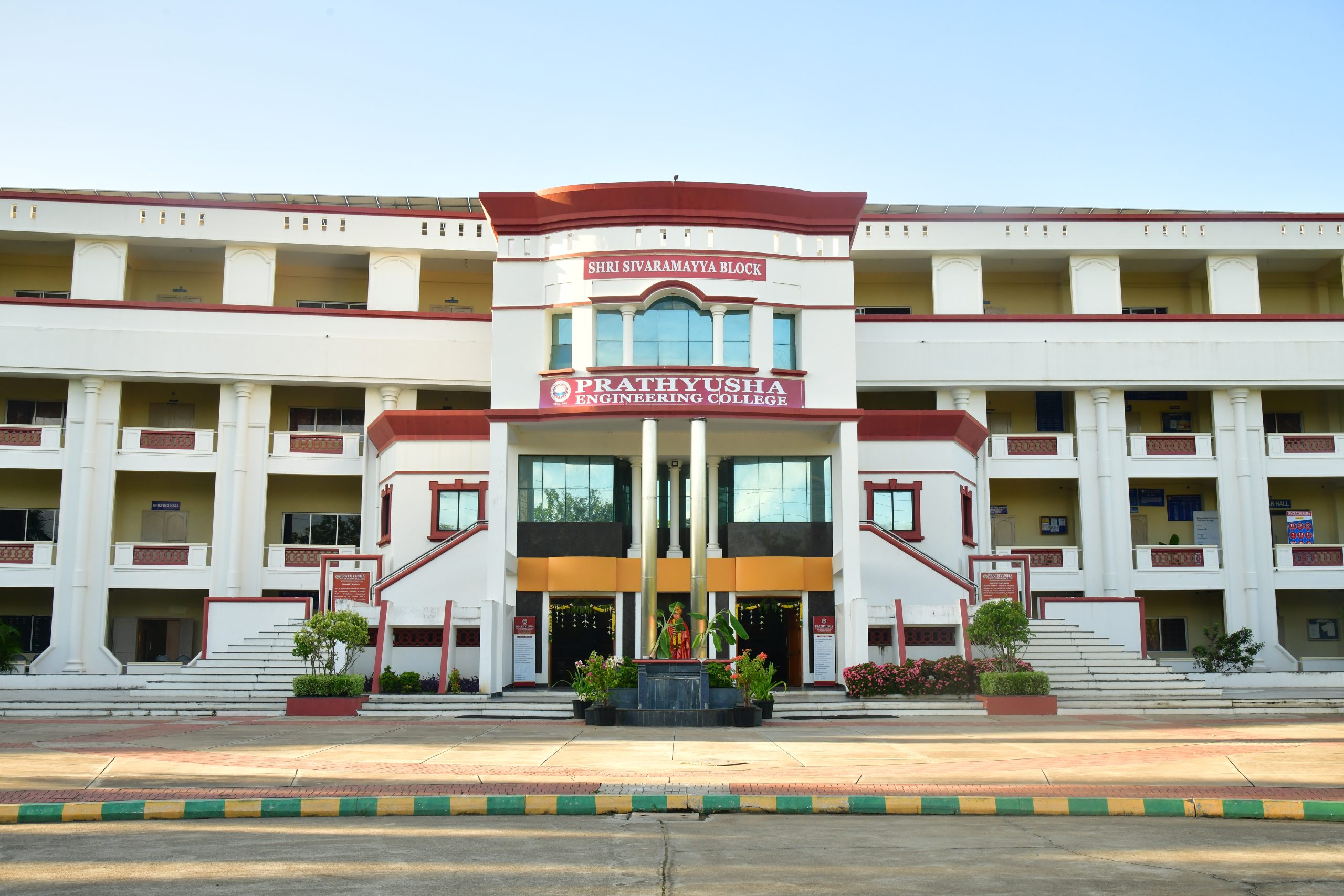
About The Department
The Department of Computer Science and Engineering [Cyber Security] is a specialization program in Computer Science and Engineering. It is a 4-year degree program established in the year 2023 with the aim of nurturing skilled cybersecurity professionals capable of addressing modern security challenges in the digital world. The department is dedicated to enhancing knowledge, research, and innovation in the field of cybersecurity to meet industry demands and global security standards.
We focus on providing a comprehensive and experiential learning approach with a strong technical foundation that prepares students for careers in ethical hacking, network security, cryptography, digital forensics, and secure software development. With a well-structured curriculum, expert faculty, and a dynamic student community, we strive to achieve excellence in both placement and higher education.
Technical & Industry Engagement
To promote lifelong learning and equip students with cutting-edge cybersecurity skills, we conduct various technical and industry-driven activities, including:
- Hackathons & Capture The Flag (CTF) competitions
- Coding & cybersecurity challenges
- Workshops & hands-on training sessions
- Guest lectures & seminars by industry experts
- Industrial visits & real-time cybersecurity projects
Through collaborations with leading organizations and security firms, we provide real-world exposure and ensure students stay updated with the latest trends in cybersecurity threats, ethical hacking, and data protection.
Career Readiness & Industry Partnerships
The department is committed to preparing industry-ready professionals with a holistic personality, ensuring they are well-equipped to tackle emerging cybersecurity threats and challenges. Our tie-ups with leading cybersecurity companies and research organizations help students gain hands-on experience through internships, certifications, and live security projects.
With a strong emphasis on technical excellence, ethical responsibility, and innovative problem-solving, we aim to produce cybersecurity professionals who can secure the digital future and contribute to the nation’s cyber resilience.
Ethical Hacking Club
The Ethical Hacking Club is an initiative of the Department of Computer Science and Engineering [Cyber Security] that aims to foster a culture of cybersecurity awareness, ethical hacking skills, and real-world problem-solving among students. The club provides a platform for students to explore penetration testing, vulnerability assessment, cryptography, and digital forensics through hands-on learning and expert guidance.
Vision & Mission
Vision
- Our vision for the cybersecurity department is to establish a dynamic and research-oriented educational platform that inspires students to excel, contributing to a secure and robust digital environment.
Mission
- To provide comprehensive education in cybersecurity, covering both theoretical and practical aspects to safeguard information systems.
- To equip students with the skills to solve real-world cybersecurity challenges, ensuring they are prepared for successful careers in a competitive global environment.
- To engage in collaborative projects with industry and academic partners to drive innovation and research in cybersecurity.
- To instill a strong sense of professional and ethical responsibility in protecting digital assets and ensuring the security of information systems.
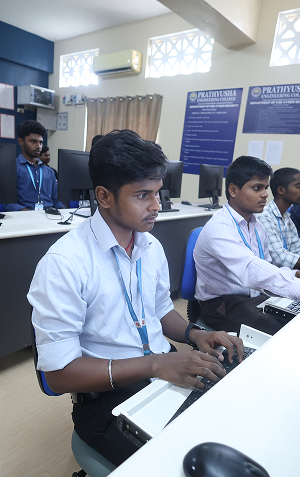
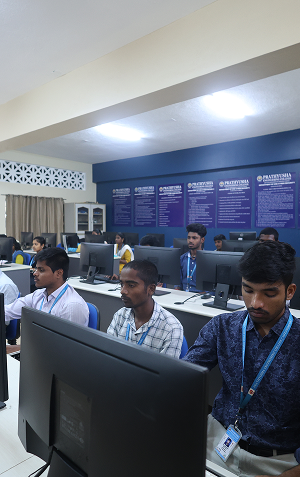
PO,PEO,POS
Programme Outcomes (POs)
- Engineering Knowledge: Apply knowledge of mathematics, natural science, computing, engineering fundamentals and an engineering specialization as specified in WK1 to WK4 respectively to develop to the solution of complex engineering problems.
- Problem Analysis: Identify, formulate, review research literature and analyze complex engineering problems reaching substantiated conclusions with consideration for sustainable development. (WK1 to WK4)
- Design/Development of Solutions: Design creative solutions for complex engineering problems and design/develop systems/components/processes to meet identified needs with consideration for the public health and safety, whole-life cost, net zero carbon, culture, society and environment as required. (WK5)
- Conduct Investigations of Complex Problems: Conduct investigations of complex engineering problems using research-based knowledge including design of experiments, modelling, analysis & interpretation of data to provide valid conclusions. (WK8).
- Engineering Tool Usage: Create, select and apply appropriate techniques, resources and modern engineering & IT tools, including prediction and modelling recognizing their limitations to solve complex engineering problems. (WK2 and WK6)
- The Engineer and The World: Analyze and evaluate societal and environmental aspects while solving complex engineering problems for its impact on sustainability with reference to economy, health, safety, legal framework, culture and environment. (WK1, WK5, and WK7).
- Ethics: Apply ethical principles and commit to professional ethics, human values, diversity and inclusion; adhere to national & international laws. (WK9)
- Individual and Collaborative Team work: Function effectively as an individual, and as a member or leader in diverse/multi-disciplinary teams.
- Communication: Communicate effectively and inclusively within the engineering community and society at large, such as being able to comprehend and write effective reports and design documentation, make effective presentations considering cultural, language, and learning differences
- Project Management and Finance: Apply knowledge and understanding of engineering management principles and economic decision-making and apply these to one’s own work, as a member and leader in a team, and to manage projects and in multidisciplinary environments.
Life-Long Learning: Recognize the need for, and have the preparation and ability for (i) independent and life-long learning (ii) adaptability to new and emerging technologies and (iii) critical thinking in the broadest context of technological change. (WK8).
Programme Educational Objectives (PEOs)
PEO-1: To train graduates to excel in the cybersecurity profession by continuously updating their technical skill sets and applying innovative approaches as the security landscape evolves.
PEO-2: To enable graduates to succeed in professional careers and/or higher education by acquiring in-depth knowledge in cybersecurity principles, mathematical foundations, and computing technologies.
PEO-3: To prepare graduates to be proficient in identifying, analyzing, designing, and implementing secure solutions for real-world problems, ensuring they are technically sound, economically feasible, and socially responsible.
PEO-4: To equip graduates with the ability to pursue productive careers as members of multidisciplinary and cross-functional teams, with a strong commitment to ethics, cultural diversity, and the broader implications of cybersecurity in society.
Programme Specific Objectives (PSO’s)
A graduate of the Computer Science and Engineering (Cyber Security) Program will able
PSO1: To analyze, design, and develop secure systems and applications in areas like network security, cryptography, secure software, and cloud security, ensuring strong defense against cyber threats.
PSO2: To use cybersecurity tools (e.g., Wireshark, Kali Linux) for testing, analyzing, and enhancing security measures in real-world scenarios.
PSO3: To apply cybersecurity practices in developing projects, ensuring security is integrated at every stage of the process.
Achievements

Dr. M. D. Boomija, Associate Professor & HOD
Recognized as mentor (Wipro Certified Faculty) for project-based learning (PBL) in Java Full Stack by successfully clearing the Wipro TalentNext certification, 2024.
Received evaluator certificate for evaluating students’ projects on Naan Mudhalvan IBM Professional Readiness for Innovation, Employability and Entrepreneurship program on Emerging technology by IBM Career Education Program, March 2024
Resource Person for Five-Days FDP on “Machine Learning Approaches for Engineering Applications” from 27th Dec 2022 to 31st Dec 2022 organized by Prathyusha Engineering College.
Received Bronze medal 3 times from Infosys Campus Connect Foundation Program.

Ashish N
A second-year student participated and presented a project in State level Youth Astronomy and Space Science congress YASSC 2025, jointly organised by Tamilnadu Astronomy and science Society TASS,Indian Institute of Astro Physics IIA,The Institute of Mathematical Sciences IIMsc, Tamilnadu State Council for Science and Technology TNSCT,Raman Research Foundation RRF ,Ariviyal Palagai and Sri Kaliswari college held at Sri Kaliswari college on August 15th,16th and 17th 2025.

Nithila S
A second-year student who won first place in the State level chess Tournament, organized by Rotary Club of Arakonam at Sri Krishna Polytechnic College on September 14th 2025.

Vasanth N
A third year student who won first place in the Anna University Zonal Level kho-kho Tournament, organized by Prathyusha Engineering College on October 28th 2024.
Ø NIRMAL RAJ N, First year has participated in Technical Quiz at S.A.Engineering College dated 9th Nov 2023 and got 2nd Prize.
Ø NIRMAL RAJ N, Presented Paper at Sri Sai Ram Engineering College dated 4th Nov 2023

Nithila S
A second-year student who won first place in the 2nd ACA State level chess Tournament 2025, organized by Arcot Chess Academy on June 29th 2025.
Faculty
Dr. M. D. Boomija
HOD & Associate Professor
Ms. Ramya G
Assistant professor
Ms. S. Aswini
Assistant professor
Ms. S. Rama Matharasi
Assistant professor
Ms. R. Devi
Assistant professor
Ms. S. Sowmithra
Assistant professor


